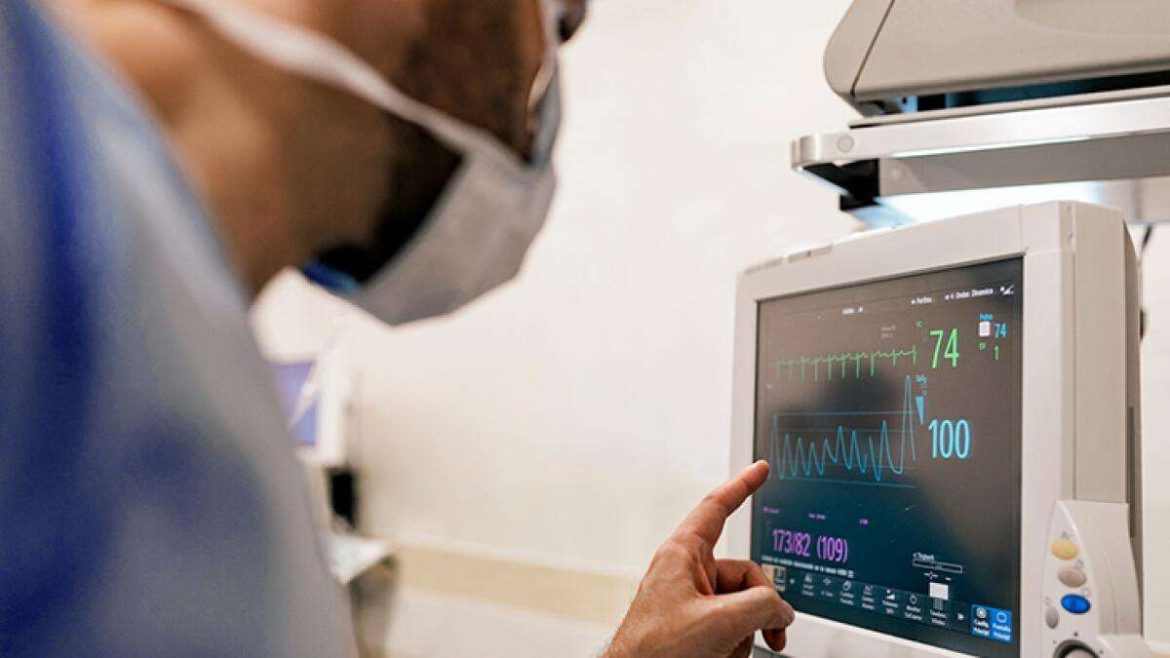Long QT syndrome (LQTS) is a heart rhythm disorder characterized by prolonged repolarization of the heart following a heartbeat. This condition can lead to fast, chaotic heartbeats, which might trigger sudden fainting spells, seizures, or even sudden death. Understanding what triggers long QT syndrome is crucial for managing and mitigating its risks. In this article, we will delve into the various factors that can precipitate LQTS episodes, exploring both genetic and acquired causes, environmental triggers, and lifestyle considerations.
Genetic Triggers
Congenital Long QT Syndrome
Congenital LQTS is a genetic condition passed down through families. It is caused by mutations in specific genes that control the heart’s electrical activity. These genes are responsible for the production of ion channels, which regulate the flow of ions such as potassium, sodium, and calcium in and out of heart cells. Mutations in these genes can disrupt ion flow, leading to prolonged QT intervals on an electrocardiogram (ECG).
SEE ALSO: Is Arrhythmia A Lifelong Condition?
Key Genetic Mutations
LQT1 (KCNQ1 gene mutation): The most common form of congenital LQTS, LQT1, is associated with mutations in the KCNQ1 gene. Triggers for LQT1 include physical exertion and emotional stress, which can cause a sudden surge in adrenaline.
LQT2 (KCNH2 gene mutation): LQT2 is linked to mutations in the KCNH2 gene. Auditory stimuli, such as sudden loud noises, can trigger LQT2 episodes. Patients with LQT2 are also at risk during sleep or when startled.
LQT3 (SCN5A gene mutation): LQT3 is related to mutations in the SCN5A gene, which affects the sodium channels. Unlike LQT1 and LQT2, LQT3 episodes are often triggered during periods of rest or sleep.
Other less common mutations: There are several other gene mutations associated with congenital LQTS, including mutations in the KCNE1, KCNE2, and CACNA1C genes. Each mutation presents different triggers and risks.
Acquired Long QT Syndrome
Medications
Certain medications are known to prolong the QT interval, potentially leading to acquired LQTS. These medications include:
Antiarrhythmic drugs: Medications used to treat arrhythmias, such as amiodarone and sotalol, can prolong the QT interval.
Antibiotics: Some antibiotics, particularly macrolides (e.g., erythromycin) and fluoroquinolones (e.g., ciprofloxacin), can trigger LQTS.
Antidepressants and antipsychotics: Medications like citalopram, escitalopram, and haloperidol are known to affect the QT interval.
Antihistamines: Certain antihistamines, such as terfenadine and astemizole, can prolong the QT interval, especially when taken in high doses or with other QT-prolonging drugs.
Electrolyte Imbalances
Electrolytes play a crucial role in maintaining the heart’s electrical stability. Imbalances in electrolytes such as potassium, magnesium, and calcium can trigger LQTS episodes. Common causes of electrolyte imbalances include:
Hypokalemia (low potassium levels): This can be caused by excessive vomiting, diarrhea, or the use of diuretics.
Hypomagnesemia (low magnesium levels): Often seen in patients with malnutrition, chronic alcoholism, or those taking certain diuretics.
Hypocalcemia (low calcium levels): Can result from conditions such as hypoparathyroidism or chronic kidney disease.
Medical Conditions
Several medical conditions can predispose individuals to acquired LQTS, including:
Heart disease: Conditions such as heart failure, myocardial infarction, and cardiomyopathy can increase the risk of prolonged QT intervals.
Endocrine disorders: Hypothyroidism and hyperthyroidism can affect heart rhythm and prolong the QT interval.
Neurological conditions: Conditions like stroke and subarachnoid hemorrhage can impact the autonomic nervous system, leading to QT prolongation.
Environmental And Lifestyle Triggers
Physical Exertion and Stress
For individuals with congenital LQTS, physical exertion and emotional stress are significant triggers. Activities such as swimming, running, or intense exercise can increase adrenaline levels, which in turn can provoke arrhythmias in susceptible individuals. Emotional stress, including anxiety, fear, or excitement, can have a similar effect.
Diet and Substance Use
Caffeine and alcohol: Excessive consumption of caffeine or alcohol can trigger arrhythmias in some individuals with LQTS.
Recreational drugs: Substances such as cocaine and amphetamines can have profound effects on heart rhythm and are known to prolong the QT interval.
Dietary habits: Poor nutrition leading to electrolyte imbalances, particularly low levels of potassium and magnesium, can trigger LQTS episodes.
Environmental Factors
Temperature extremes: Exposure to extreme cold or heat can affect the autonomic nervous system and trigger arrhythmias in individuals with LQTS.
Loud noises: For individuals with LQT2, sudden loud noises can trigger episodes of arrhythmia.
Sleep and Rest
Interestingly, for individuals with LQT3, episodes are often triggered during periods of rest or sleep. This is due to mutations affecting sodium channels, which can become more pronounced during slower heart rates associated with sleep.
Managing And Mitigating Triggers
Regular Monitoring and Medication
Patients with LQTS should have regular check-ups with a cardiologist.
Beta-blockers are commonly prescribed to reduce the heart’s response to adrenaline and prevent arrhythmias. In some cases, more invasive treatments such as implantable cardioverter-defibrillators (ICDs) or left cardiac sympathetic denervation surgery may be recommended.
Lifestyle Modifications
Exercise precautions: Individuals with LQTS should consult their healthcare provider to determine safe levels of physical activity.
Avoiding intense and competitive sports may be necessary.
Stress management: Techniques such as meditation, yoga, and deep breathing exercises can help manage stress and reduce the risk of triggering arrhythmias.
Diet and hydration: Maintaining a balanced diet rich in potassium and magnesium, along with proper hydration, can help prevent electrolyte imbalances. Avoiding excessive caffeine, alcohol, and recreational drugs is also crucial.
Avoiding Medications and Substances
Patients with LQTS should provide their healthcare providers with a complete list of medications they are taking to avoid drugs known to prolong the QT interval. Alternative medications with a lower risk of QT prolongation should be considered whenever possible.
Conclusion
Long QT syndrome is a complex condition with various genetic and acquired triggers. Understanding these triggers is essential for effective management and prevention of potentially life-threatening arrhythmias. Regular monitoring, medication adherence, lifestyle modifications, and careful management of environmental factors are key components in reducing the risk of LQTS episodes. By staying informed and proactive, individuals with long QT syndrome can lead safer, healthier lives.

